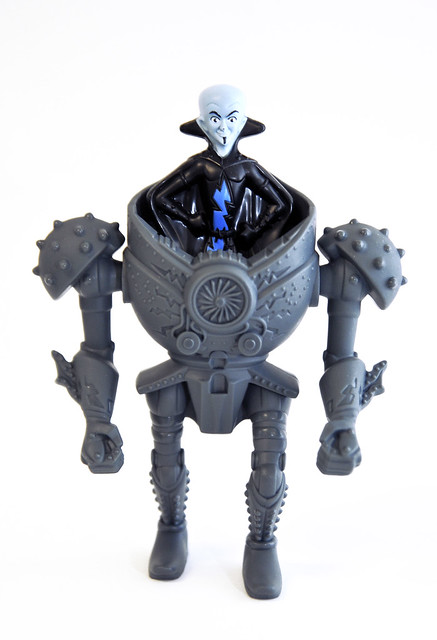
On Tuesday the San Francisco board of supervisors passed a preliminary vote seeking to ban toys in kids' meals that are high in calories (more than 600) and that don't contain fruit or vegetables (that aren't deep fried or covered in sugary sauces). If the measure passes next week it will be the first major city to ban a practice of direct marketing to children via fast food.
I know I should probably be rejoicing. Marketing directly to children seems so unsavory, so completely devoid of a moral compass, especially when it comes to things we don't need for survival ...
And there are times I'd like to light the knee-high level of the yogurt case on fire just to watch Dora the Explorer and the Trix rabbit melt in a dairy and plastic inferno.
But I've come to understand marketing as something to which we don't have to be enslaved.
Wanting something you can't have isn't such a bad thing.
Having something that's not good for you, on occasion, isn't the end of the world.
Knowing when someone wants you to see a movie, or try a food substance (called a "product" in some development meeting) ... or buy a bigger toy based on the movie you saw after you got a smaller toy in the cardboard box of food product ... might actually be a pretty good lesson to learn.
Saying "No," can be a soul-building, life-affirming experience. And if you try to let the stress of the whining and the pleading and the begging waft past you to the cleaning products aisle, it can be a refreshing experience for the kids, too.
Saying "Yes," doesn't have to undermine your ability to be a good and effective parent. It can be whatever you make it.
Worrying too much about which takes the lead and when is what seems to be our undoing.
For all these reasons, I don't see the de-mirthing of packaged kids meals as the government protecting people from anyone other than themselves.
If the government was REALLY concerned about the health of children it might look past the quick, short-term fixes that are based on consumer choice and focus more on what choices are offered and why. It would try and make sure fresh, healthy locally grown food was more affordable instead of sugary-foods made cheap by the subsidies in corn. It would focus on why big companies like Pepsi are getting contracts with schools and why schools are courting them. It would really take an interest in the fat content in the meals they provide in school lunches. It would put its efforts into making sure children's health, and not insurance companies' bottom lines, benefit most from health care reform.
Because the real problems we face has little to do with the hunk of plastic in a paper box. The hunk of plastic is just a reminder of the problem.
We are not balanced. There is more commercial than program, more selling than making and more buying than saving. Ultimately there is more cost than value.
Of course, I might be saying all this because I have loved Happy Meal toys since they came out in 1979. I've enjoyed my happenstance collecting of them over the years. It may not be something everyone can understand, but marketing has its place in our memories of growing up as it has in our experience of it.
We'll probably continue to stop by McDonald's every once in a while on our way to work in the mornings. I'll get coffee. The kids will split an order of hot cakes ... and if we like what we see, we'll buy the toys separately (they sell them for roughly $2).

2 comments:
Here's my 2 cents - one taking the toy out of a Happy Meal isn't going to stop people from buying meals at McDonald's. Let's face it - who goes to buy a piece of plastic crap just to get the food?
And two, it's quick and easy. Taking the toy out isn't going to change the convience factor.
I'll admit, we occasionally stop by for food - although we usually skip the Happy Meals - the older kids are hooked on the snack wraps.
That's my thinking as well. I'm the only person I know who goes to McDonald's specifically FOR the toys.
Post a Comment